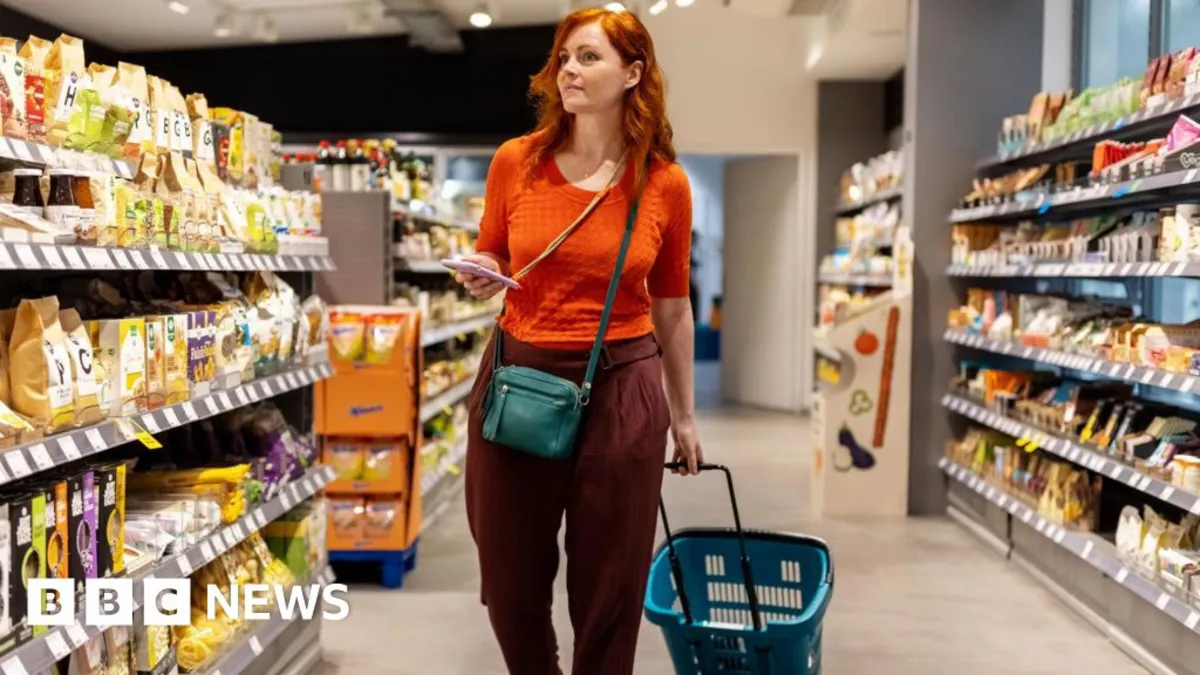
The leaders of Britain's biggest supermarkets have issued a grave warning that food prices could escalate even further if the government imposes higher taxes on the sector. Prominent grocers, including Tesco, Asda, Sainsbury's, and Morrisons, united in a letter to Chancellor Rachel Reeves as the nation anticipates her upcoming Budget announcement next month. This coalition also included Lidl, Aldi, Iceland, Waitrose, and M&S.
In their correspondence, these supermarket executives asserted that any potential tax increases—such as higher business rates—would inevitably affect households across the country. The Treasury has emphasized that addressing food price inflation is a primary concern and has announced plans to lower business rates for specific sectors such as butchers and bakers. However, the supermarket leaders cautioned that if they were faced with increased taxation, their ability to provide value for customers would diminish, leading to greater financial strain on families.
The letter also highlighted the current costs burdening the industry, indicating that high food inflation could persist into 2026. The supermarket bosses expressed their desire to avoid prolonging this situation, especially in light of the upcoming Budget decisions that could exacerbate these challenges.
As the Chancellor prepares for her Autumn Budget, speculation mounts regarding her tax and spending policies. Following a previous announcement of tax increases totaling £40 billion, which included a rise in National Insurance Contributions, Reeves stated she would not seek further tax hikes. Yet, economists from the Institute for Fiscal Studies (IFS) have identified a £22 billion gap in public finances, suggesting that tax increases may be unavoidable.
Consumer concerns are mounting as the cost of essential items continues to rise. The Office for National Statistics reported that prices for staples have increased significantly—butter prices have surged by 19%, milk by over 12%, and even chocolate and coffee have seen a rise of 15%. These increases, alongside higher taxes and minimum wage requirements, have placed considerable pressure on supermarkets.
Various global factors, including poor harvests, diseases, and droughts, have also played a crucial role in driving up food inflation. The escalating trade tensions have further compounded these issues, making it increasingly difficult for supermarkets to maintain affordable prices. Helen Dickinson, Chief Executive of the British Retail Consortium, emphasized that retailers are striving to keep food prices manageable but face an uphill battle, with an anticipated £7 billion in additional costs looming in 2025 due to higher taxes.
Despite these challenges, Tesco's CEO Ken Murphy has voiced concerns over the burden of business taxes, citing that the increased National Insurance rate has cost the supermarket giant £235 million this year. However, Tesco has also revised its earnings outlook, projecting full-year profits between £2.9 billion and £3.1 billion. Meanwhile, Lidl reported a remarkable profit surge, with pre-tax profits tripling to £156.8 million in the year ending February 28, up from £43.6 million the previous year.
Supermarket leaders have highlighted that the government's business rates reforms, particularly the business rates surtax on large commercial premises, pose significant challenges. Business rates, a tax imposed on non-domestic properties such as shops and offices, have been a contentious issue since last year's Budget announcement. The government proposed two lower rates for retail and hospitality properties valued below £500,000, while larger properties will face higher rates, impacting many large distribution warehouses.
As the Chancellor prepares to unveil the new business rates next month, supermarkets are urging the government to ensure that any proposed changes lead to a substantial reduction in the industry's rates burden. Dickinson noted that addressing the stubborn food inflation while maintaining manageable business rates would be one of the simplest ways to alleviate pressure on retailers.
The Treasury has indicated that business rates will be adjusted to reflect the overall value of the tax base, aiming to generate the same revenue in real terms. As the Budget approaches, the dialogue between supermarkets and the government becomes increasingly crucial in determining the future of food pricing and the financial health of households across the UK.